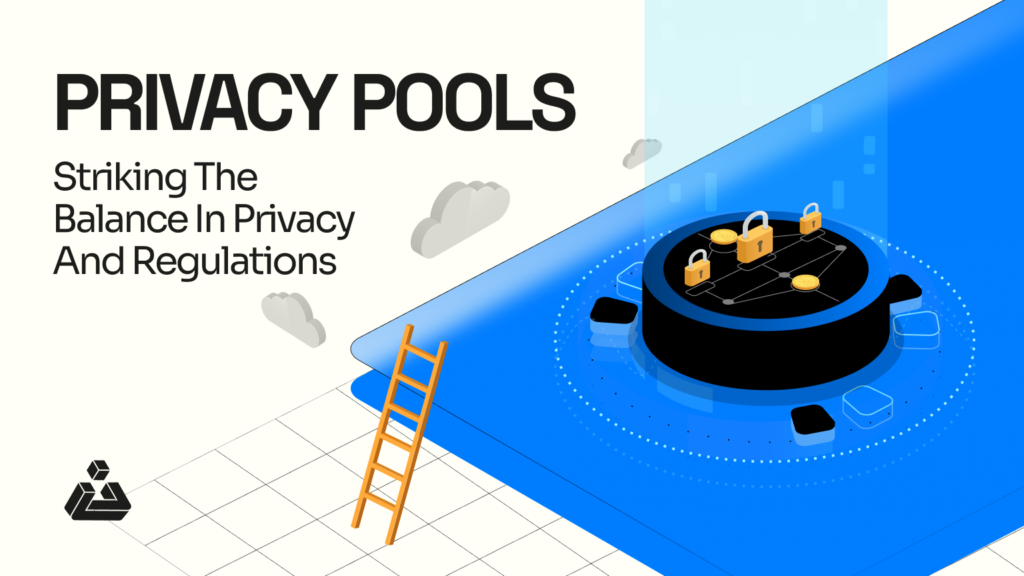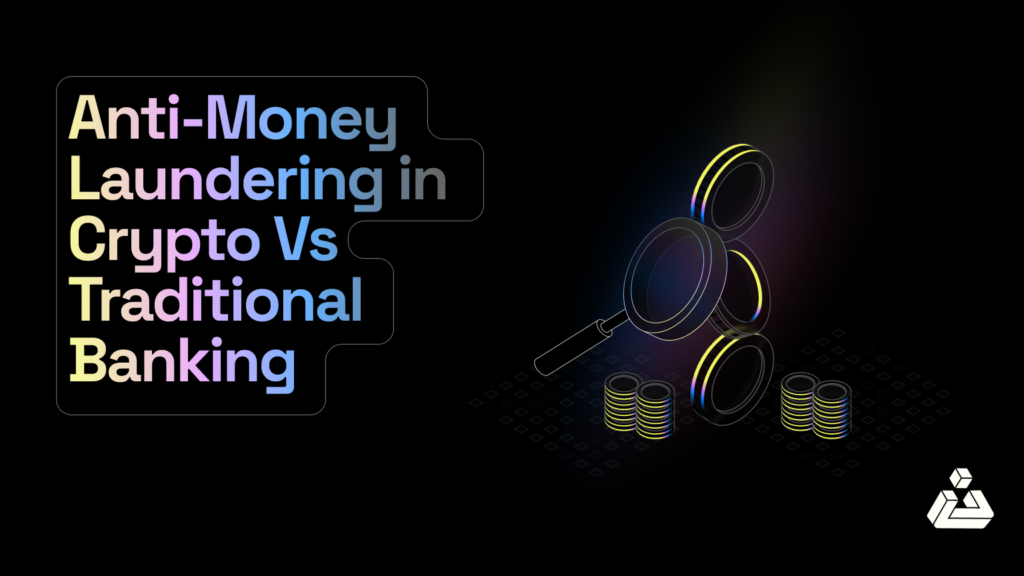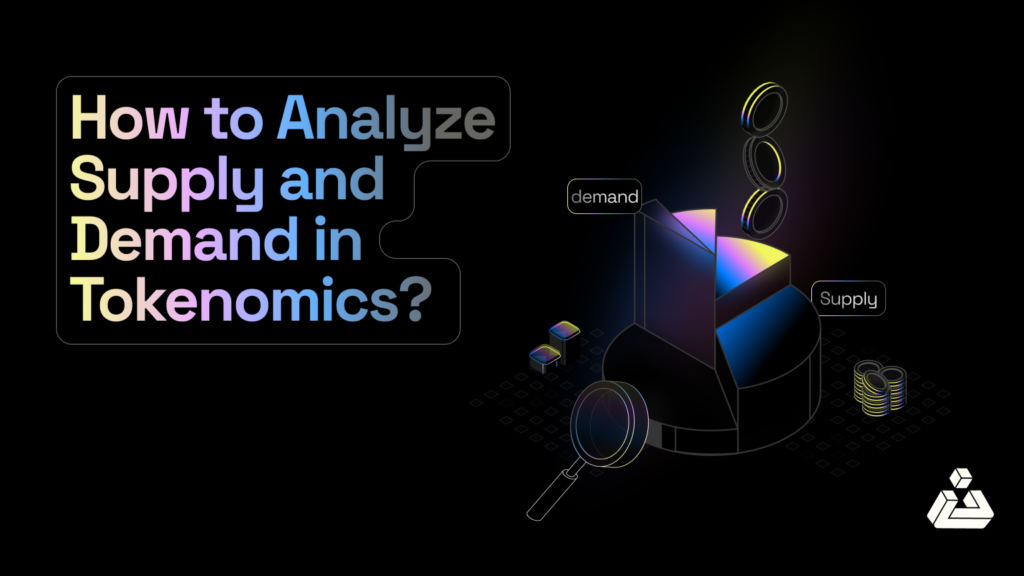Public blockchains represent a paradigm shift in digital transactions, offering a transparent and decentralized ledger accessible to anyone. However, this very transparency can present privacy challenges. One notable concern is the exposure of transaction history associated with public addresses. When you conduct a transaction on a public blockchain, the details are recorded on the ledger, including sender and recipient addresses, transaction amounts, and timestamps. While this transparency enhances security and accountability, it also compromises user privacy. Once someone knows your public address, they can access your entire transaction history, tracing your financial activities and potentially discerning sensitive information about your financial life. This issue highlights the need to balance transparency and privacy in the design and implementation of public blockchains.
Vitalik Buterin and Jacob Illum, Matthias Nadler, Fabian Schar, and Ameen Soleimani authored a research paper highlighting a possible way to target this concern. (Buterin et al. 2023), The paper explores an extension of this approach, enabling users to publicly provide informative yet broad claims about the source of their withdrawals. These claims can take the form of membership proofs (“I prove that my withdrawal comes from one of these deposits”) or exclusion proofs (“I prove that my withdrawal does not come from one of these deposits”). This extension, known as Privacy Pools, offers a way to strike a balance between honest and dishonest protocol users while maintaining transparency.
Applications like Tornado Cash, which allows users to break the links between addresses and Mixers, provide similar advantages; however, these applications also attract adversaries.
Read Primer For The Zero-Knowledge Cryptography to understand zkps and hashes more thoroughly.
Privacy vs. Regulation: The Dilemma
Privacy is one of the key attractions of blockchain technology. It allows users to execute transactions without revealing their identity or the details of their financial dealings. This level of anonymity is a double-edged sword. While it empowers users to maintain their financial privacy, it also poses significant challenges for regulatory compliance, particularly concerning anti-money laundering (AML) and Know Your Customer (KYC) requirements.
Understanding Privacy Pools
On the other hand, privacy pools enable users to deposit funds into a shared pool, anonymously transfer funds within the pool, and later withdraw funds without linkage to their previous transactions. (Beal and Fisch 2023)
Here’s how Privacy Pools work:
- Zero-Knowledge Proofs: At the heart of Privacy Pools are zero-knowledge proofs. These cryptographic techniques allow a user to prove a specific statement without disclosing any additional information. In this context, the statement relates to the user’s association with a legitimate deposit without revealing transaction details.
- Association Sets: Privacy Pools rely on the creation of “association sets.” These sets are collections of legitimate deposits on the blockchain. Users aim to prove their membership in one of these sets, indicating that their funds are not connected to illicit or questionable activities.
- Membership Proofs: To participate in a Privacy Pool, users generate membership proofs. These proofs validate their association with a specific association set. The proofs are based on the zk-SNARKs technology and are designed to maintain privacy.
- Proof Storage: Membership proofs are stored on the blockchain or in a publicly accessible repository. This public accessibility is crucial for transparency and to allow regulators and compliance entities to verify the user’s legitimacy. However, not all proofs are public. Only proofs shared bilaterally with specific counterparties remain private.
- Privacy Thresholds: Privacy Pools often set specific thresholds for privacy. Users must meet these thresholds to provide proof of compliance. These thresholds help strike a balance between transparency and privacy, ensuring that both are maintained.
- Customization: Privacy Pools are highly flexible and can be custom-made to cater to various use cases and regulatory requirements. For example, a consortium of banks can create an association set that includes only their KYC/AML-compliant customers, while financial intermediaries can request users to provide proof against an association set that includes their deposit only.
Simply put, Privacy Pools work by using zero-knowledge proofs to enable users to prove their association with legitimate deposits (membership in association sets) without revealing specific transaction details. By doing so, Privacy Pools preserve user privacy while ensuring that regulatory compliance can be verified by authorized entities.
Implications
Now that we have a clear understanding of what privacy pools are, let’s discuss the Pros and Cons of it!
Advantages
- Privacy and Regulatory Compliance: Privacy Pools offer a way to strike a balance between financial privacy and regulatory compliance. Users can enjoy privacy in their transactions while also proving their funds’ legitimate sources when required.
- Flexible Design: The protocol’s design is flexible, allowing it to be adapted to various jurisdictions and regulatory requirements. Users can demonstrate compliance with specific regulatory requirements without revealing more information than necessary.
- Association Sets: Association sets allow users to group their deposits with other deposits that align with their regulatory preferences. This enables users to prove disassociation from illicit sources and maintain privacy within the chosen association set.
- Bilateral Direct Proofs: The protocol supports scenarios where users need to disclose the precise origin of their funds to specific entities, such as financial institutions. This facilitates compliance with Know Your Customer (KYC) and Anti-Money Laundering (AML) procedures.
- Sequential Proofs: Privacy Pools can adapt to rapidly transacting economies by supporting internal send operations, reducing the number of on-chain proofs required.
Disadvantages
- Complexity: The protocol introduces a level of complexity, both in terms of technical implementation & user understanding. Users need to be aware of how to manage their association sets and provide the right proofs when necessary.
- Privacy Reliance on Association Sets: Privacy heavily depends on the correct setup and maintenance of association sets. If these sets are not sufficiently large, stable, or accurate, it could undermine the privacy objectives.
- Costs: Additional transaction costs are associated with the storage of proofs on-chain or in public repositories. This could potentially increase the overall transaction costs for users.
Privacy Pools have the potential to shape the technology landscape in several ways. Firstly, they offer a viable solution for blockchain projects and cryptocurrency platforms to address regulatory concerns. By enabling users to prove compliance without compromising their privacy, these projects can coexist within the traditional Money Trail system and foster greater adoption.
They challenge the notion that blockchain technology inherently facilitates illegal activities. By providing a framework for privacy preservation within regulatory bounds, blockchain can shed its association with illicit transactions and gain broader acceptance from governments and financial institutions.
Catalyzing Growth / Conclusion
Privacy Pools may spark innovation in the blockchain space. Startups and developers can build on this framework to create tools, applications, and services that enable users to navigate the complex landscape of blockchain regulations seamlessly. This, in turn, can foster growth and diversity in the blockchain ecosystem. Solutions like these represent a significant step forward in addressing the challenges of blockchain technology in the modern regulatory environment.
At BlockApex, we understand the delicate balance between privacy and compliance. We meticulously craft applications tailored to your business needs without compromising on security or efficiency, ensuring a frictionless blockchain experience.
References
- Beal, J. and Fisch, B. (1970) Derecho: Privacy pools with proof-carrying disclosures, Cryptology ePrint Archive. Available at: https://eprint.iacr.org/2023/273.
- Buterin, V. et al. (2023) Blockchain privacy and regulatory compliance: Towards a practical equilibrium, SSRN.
Available at: https://papers.ssrn.com/sol3/papers.cfm?abstract_id=4563364.












